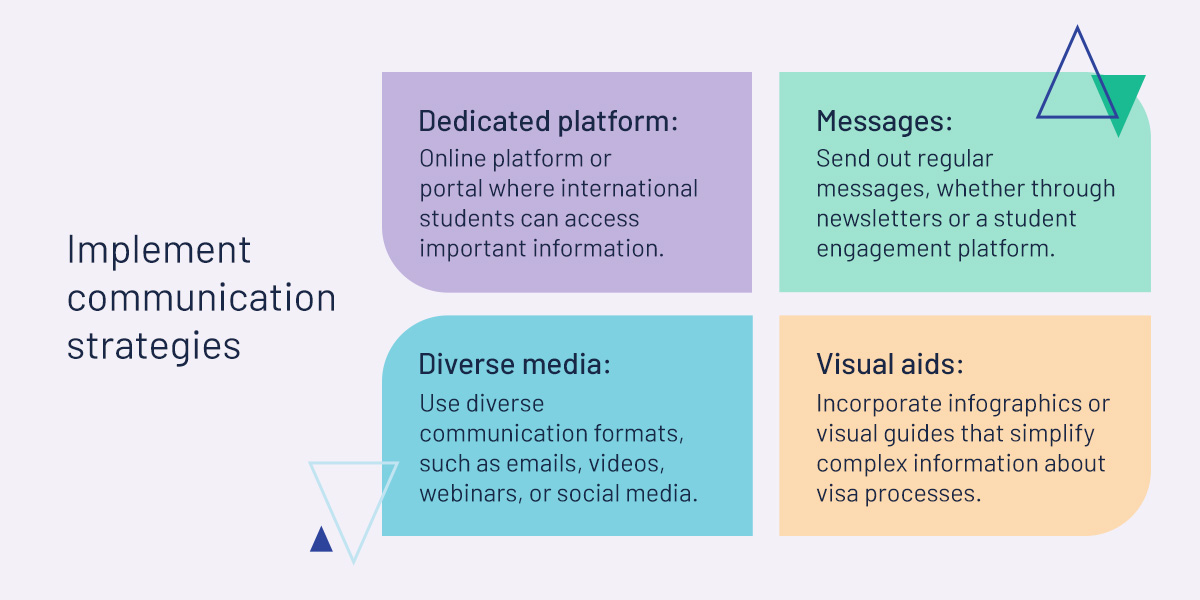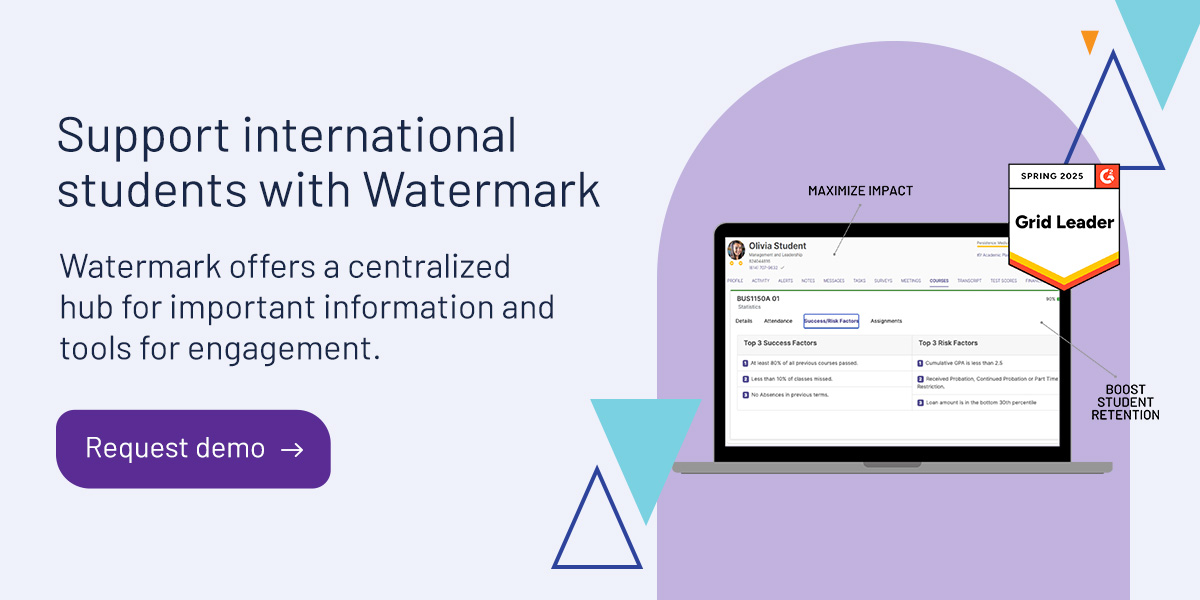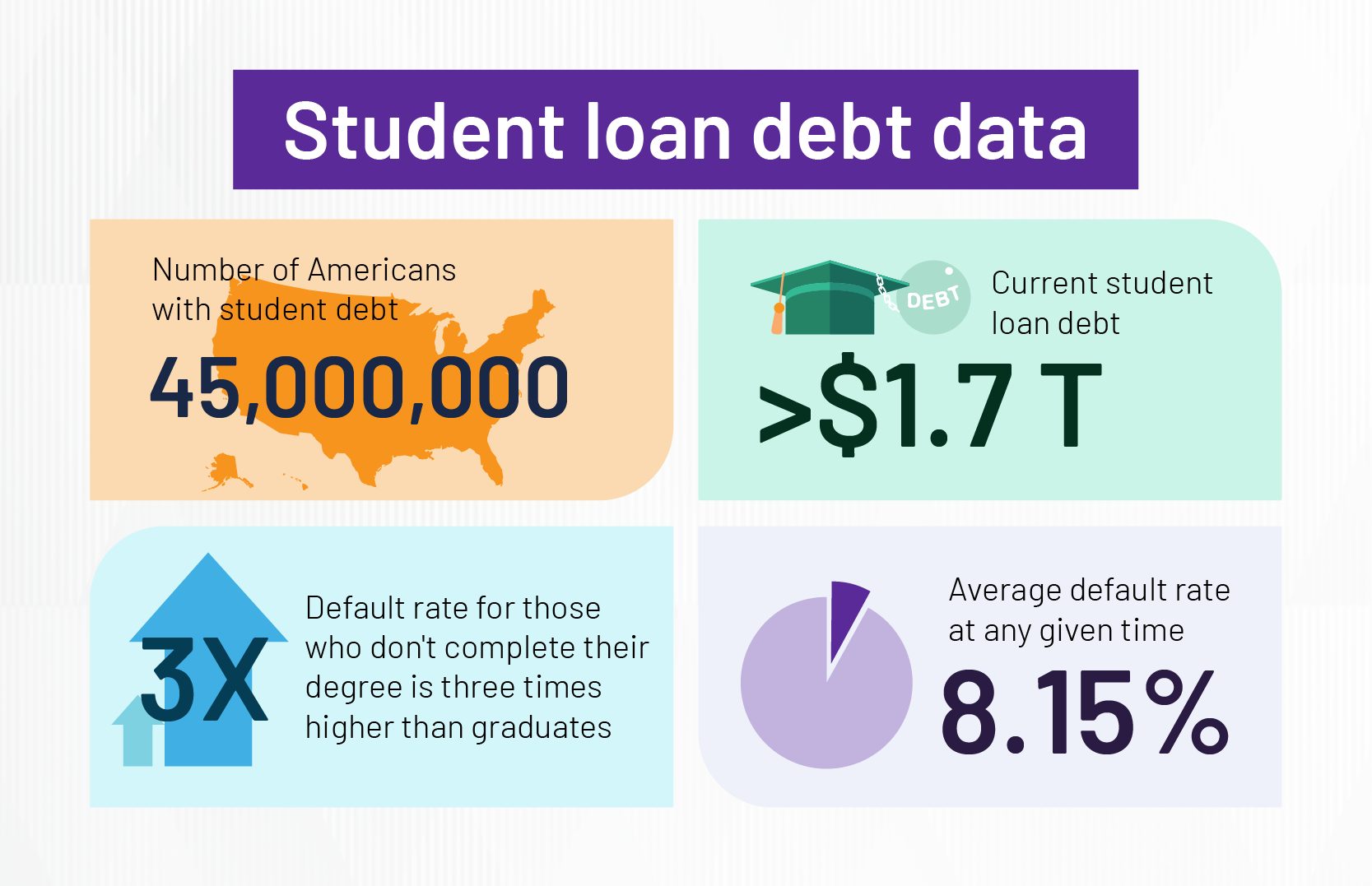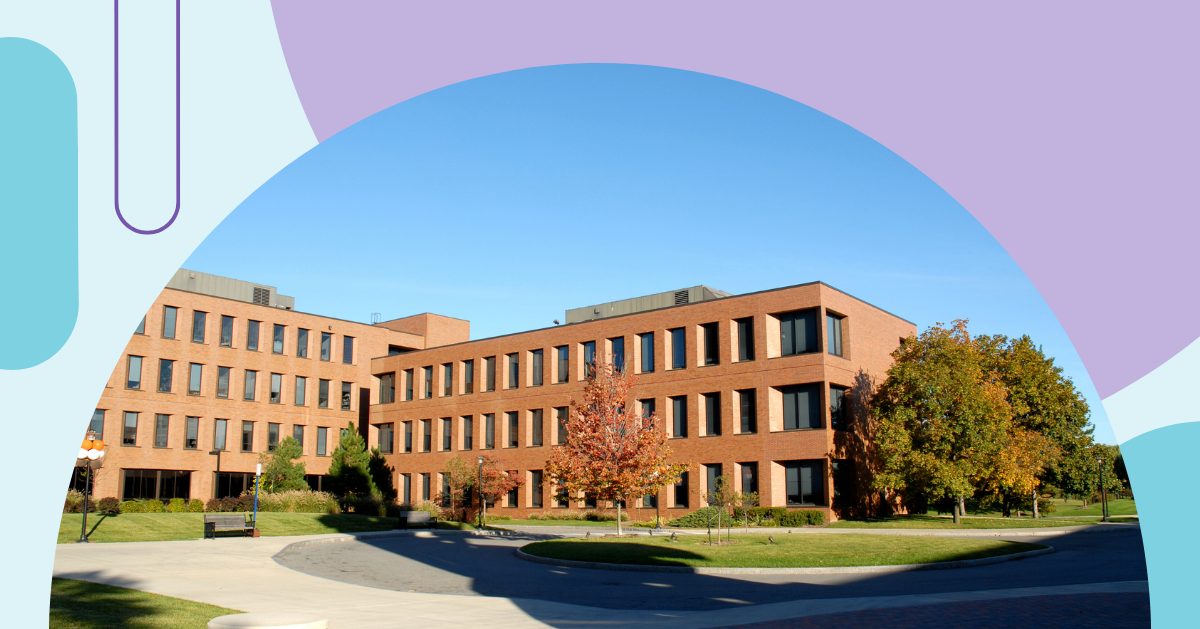
Recent news regarding the visa status of international students in the US is characterized by a mix of challenges and community support. Recently, there have been reports of students being detained, particularly those involved in political protests, which has raised concerns among the international student community. As a result, some students have experienced changes to their visa status, with over 1,000 international students or recent graduates affected.
While the administration emphasizes that visas can be revoked for various reasons, many students are seeking clarity and reassurance about their situations. Higher education institutions can step up and provide support to their international students.
International student visa cancellation concerns
International student visas allow foreign students to study in the United States. The most common types of visas for international students are the F-1 and M-1 visas, each with specific requirements and purposes:
- F-1 visa: These visas are for students attending academic institutions, whether higher education institutions, high schools, or language training programs. Students need to be accepted into a Student and Exchange Visitor Program (SEVP)-approved school. They also need proof of sufficient financial resources to cover tuition and living expenses, and intent to return to their home country after completing studies.
- M-1 visa: Students attending nonacademic institutions, such as vocational or technical schools, apply for the M-1 visa. Similar to academic students, vocational students need to be accepted into a vocational program with proof of financial resources.
- J-1 visa: This exchange visitor visa is for students participating in an exchange program, including those studying at U.S. institutions or engaging in internships.
Over the years, U.S. visa policies for international students have evolved in response to various factors, including national security concerns and changes in political leadership. For instance, following the 9/11 attacks, the Department of Homeland Security (DHS) implemented stricter visa regulations and security measures, including the Student and Exchange Visitor Information System (SEVIS).
In recent months, there have been reports of student visa cancellations and detentions of international students, particularly those involved in political protests. This has created an atmosphere of uncertainty and anxiety among international students.
However, higher education institutions are actively working to support their international student populations by providing resources, fostering open communication, and creating safe spaces for dialogue. Understanding and addressing these concerns are crucial in helping them navigate their educational journeys in the U.S.
How administrators and faculty can support international students
Administrators and faculty play an essential role in supporting international students, especially in light of the challenges they may face regarding changing visa statuses. These strategies will help support students during uncertain times.
1. Implement communication strategies
Administrators should provide consistent and timely updates about visa regulations, higher education institution policies, and any changes that may affect international students. Reach out to students by establishing clear communication channels:

- Dedicated platform: Create a dedicated online platform or portal where international students can access important information related to visa status news, institutional policies, and resources.
- Messages: Send out regular messages, whether through newsletters or a student engagement platform.
- Diverse media: Use diverse communication formats, such as emails, videos, webinars, or social media, to reach students where they are most comfortable.
- Visual aids: Incorporate infographics or visual guides that simplify complex information about visa processes and requirements to help students better understand.
Avoid jargon and provide context where necessary. Implement feedback mechanisms like surveys or suggestion boxes to allow international students to express their concerns and questions. This feedback can guide future communications and support services.
2. Foster a supportive environment
Ensure that international student services offices are equipped to assist with a wide range of challenges, including visa queries. This holistic approach can alleviate some of the stress associated with visa status uncertainties. Additionally, a multifaceted approach combining the following elements can provide support to international students:
- Mentorship programs: Establish mentorship opportunities or peer ambassador programs where international students are paired with faculty or staff who understand their unique challenges. These mentors can provide guidance on academic and visa-related issues.
- In-person engagement: Organize regular in-person events and workshops that allow international students to interact with staff and each other. These gatherings can foster a sense of community and provide a platform for students to share their experiences and concerns.
- Mental health resources: Offer free remote mental health access and counseling services tailored to the needs of international students. Support groups and workshops focused on mental well-being can provide essential resources during times of uncertainty.
3. Provide comprehensive resources
Providing comprehensive resources to support international students can help address their visa worries. Administrators and faculty members can implement several strategies to ensure international students can access the information they need:
- Centralized resource hub: Create a centralized online resource hub that includes information on visa requirements and updates on immigration policies. It can also feature FAQs, guides, and links to relevant government resources.
- Workshops on visa processes: Hold workshops that provide detailed information on maintaining visa status, applying for extensions, and understanding rights and responsibilities as international students.
- Referral services: Establish partnerships with local legal aid organizations or immigration attorneys who can provide individual consultations for students facing specific legal issues related to their visa status.
- Engagement with student organizations: Collaborate with international student organizations to disseminate information and gather feedback. These groups can serve as valuable liaisons between the administration and the student body.
4. Tailor support to individual needs
Many students flourish in group settings, but others may want individual support for their unique challenges, particularly regarding their visa concerns. Offer personalized advising sessions where international students can discuss their specific concerns and needs. This one-on-one approach allows advisors to provide tailored information and support, helping students navigate complex visa regulations.
Additionally, establish clear protocols for providing immediate support to students facing crises, such as visa cancellations or legal issues. Ensure students know whom to contact and what resources are available to them in times of need.
Lastly, involve international students in decision-making processes related to policies and programs that affect them. Having student representatives on committees helps ensure their perspectives are considered and valued.
Support international students with Watermark
International students may feel anxious or isolated during this challenging time of visa status uncertainty. These worries may affect their mental well-being, academic performance, and overall experience at their institution. Without adequate support and guidance, higher education institutions may see a decline in retention rates among international students, particularly those who are too afraid to return to the US to complete their studies.
Watermark offers a centralized hub for important information and tools for engagement. The Watermark Student Success & Engagement platform allows administrators to connect with international students, receive survey feedback, and provide resources related to visa processes and mental health support.
Using Watermark, your institution can enhance its support for international students. Request a demo to see it in action.

Resources linked:
- https://www.chronicle.com/article/tracking-trumps-actions-on-student-visas
- https://www.bbc.com/news/articles/c20xq5nd8jeo
- https://www.uscis.gov/working-in-the-united-states/students-and-exchange-visitors/students-and-employment
- https://www.uscis.gov/working-in-the-united-states/students-and-exchange-visitors/exchange-visitors
- https://www.watermarkinsights.com/solutions/student-success/
- https://www.watermarkinsights.com/solutions/course-evaluation-institutional-surveys/
- https://www.watermarkinsights.com/solutions/student-success/#form
















































































































































































































































































































































































































